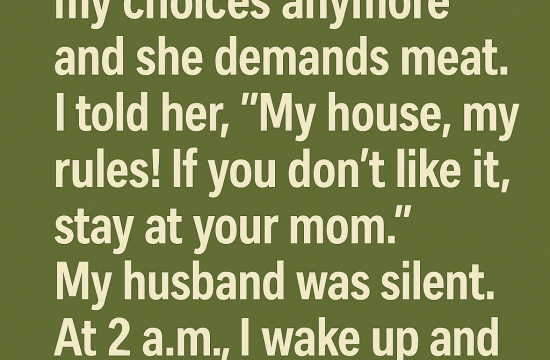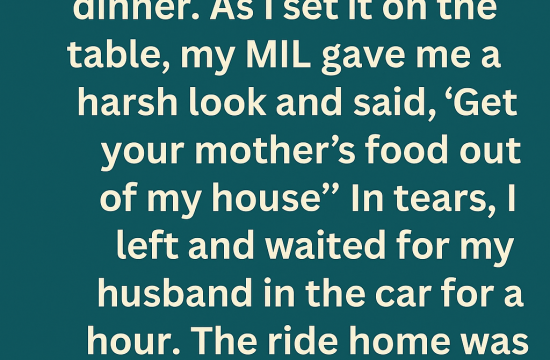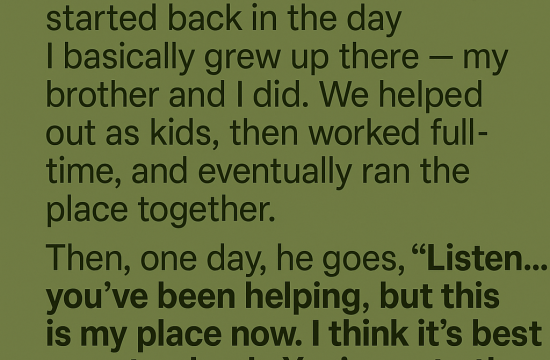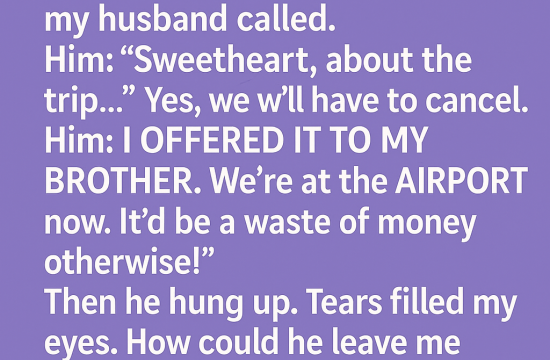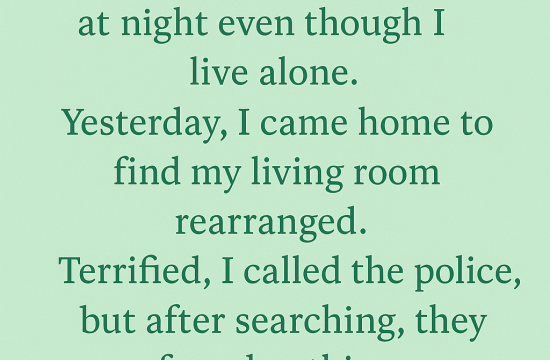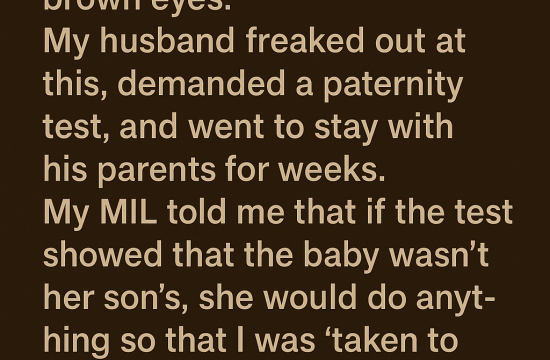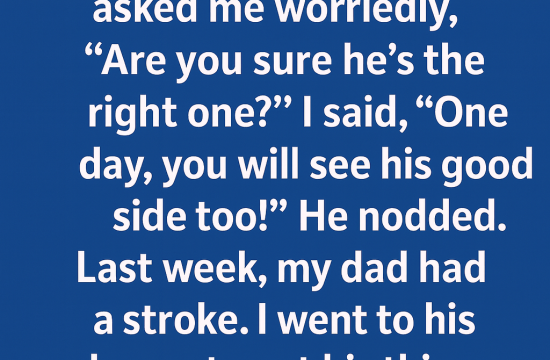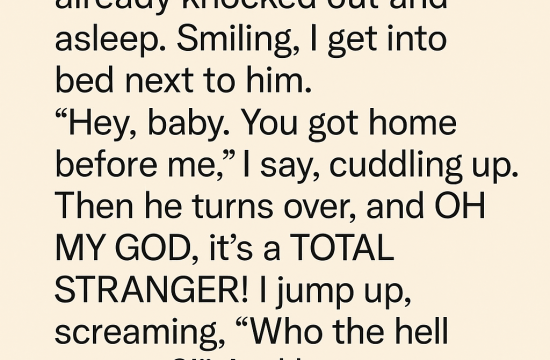When my 14-year-old son Mason asked to move in with his dad after our divorce, I agreed, believing it might give them a chance to reconnect and rebuild their bond. In the beginning, everything seemed fine—he’d call often, send me silly selfies, and update me on his day. But gradually, the communication faded. First, the calls stopped. Then his texts became clipped, then rare. And eventually, silence.
The first alarm came from his school. A teacher emailed me about missed assignments. Another reported Mason staring off in class. Then came the worst: he’d been caught cheating on a quiz. That wasn’t like him. I knew something deeper was wrong.
Without warning, I drove to Mason’s school and signed him out early. When he walked into the front office, I barely recognized him. He looked exhausted, thinner, with dark circles under his eyes. In the car, I gently asked what was going on. That’s when he whispered, “I can’t sleep.”
Then the truth came out.
His dad had lost his job months ago but hadn’t told anyone—not even Mason’s school. The house was cold. Sometimes the electricity would be cut off. Mason was eating saltines for dinner and doing laundry in the middle of the night. He wasn’t rebelling. He was surviving, silently carrying the burden no 14-year-old should have to.
That night, I brought him home with me. He didn’t protest. He didn’t say much. He just crawled into bed and slept—for 14 straight hours.
From that moment on, I became his safe place again. I got him into therapy. I made him tea. I left notes on his door, reminding him he was seen, loved, and safe. Slowly, I watched the light return to his eyes. He joined the robotics club. He started cracking jokes again. I came home one day to find him reconstructing a broken model bridge—not out of anger, but focus. He wasn’t just healing. He was rebuilding.
In May, he stood on stage accepting the “Most Resilient Student” award. He looked at me and then at his dad in the crowd and gave a soft smile—a sign of forgiveness, of progress, of peace.
Now Mason lives with me full-time. His room is a tornado of clothes and headphones. His music is loud. His walls are covered in sticky notes that say things like “You’ve got this” and “You matter.”
It’s not perfect. But it’s real. Because when our children are slipping through the cracks, we don’t lecture or wait for permission. We show up. We listen. And we hold them—until they’re ready to stand again.




